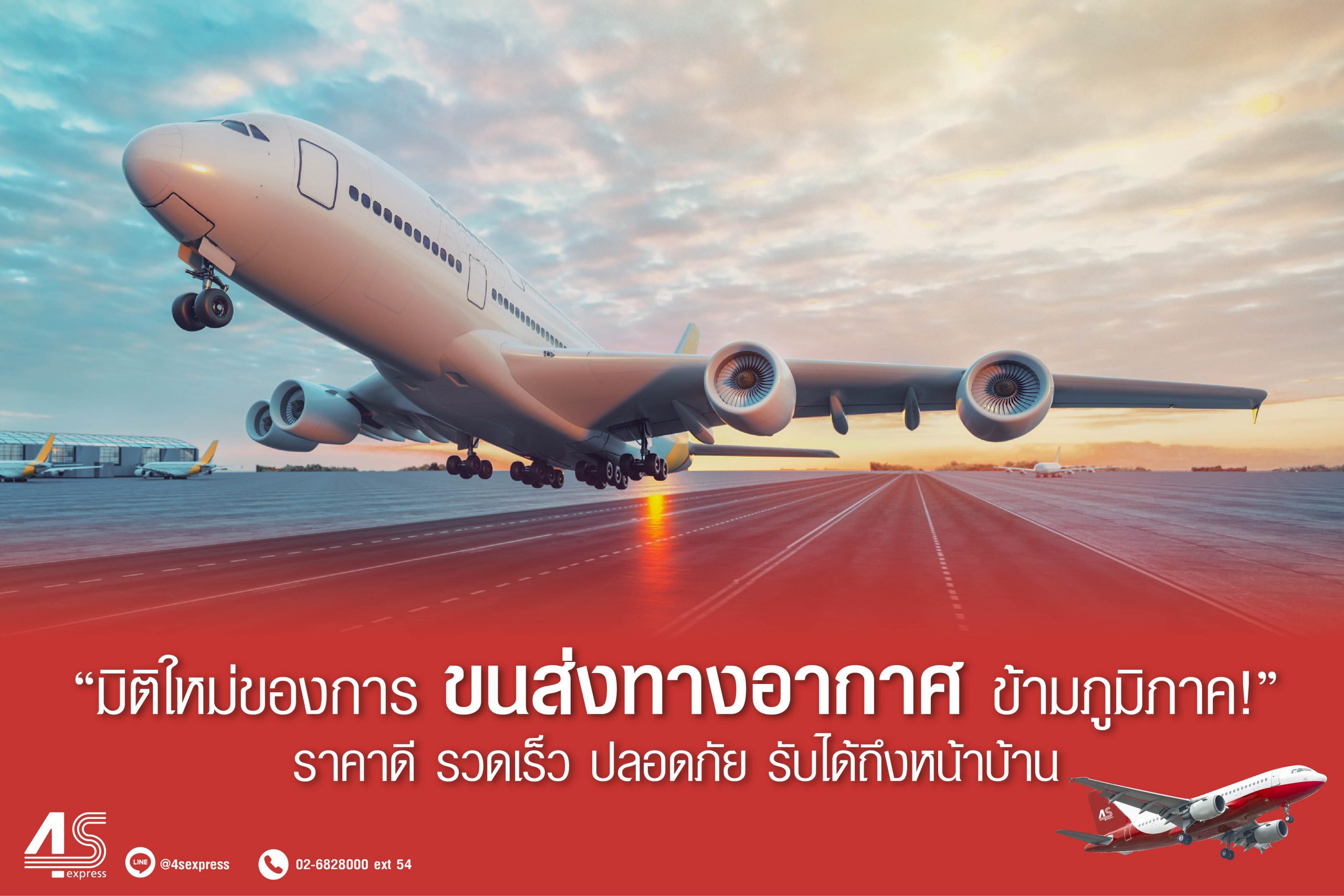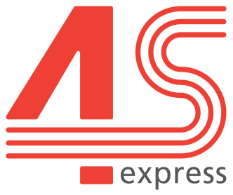ยินดีต้อนรับ
X-TREME SPEDITION
บริการขนส่งทางทะเลและทางอากาศทั้งในและต่างประเทศ
ประสบการณ์ยาวนานกว่า 20 ปี
ประสบการณ์ยาวนานกว่า 20 ปี
6
บริการของเรา
เกี่ยวกับเรา
บริษัท เอ็กซ์ทรีม สเปดดิชั่น จำกัด
เริ่มดำเนินการเมื่อเดือนมกราคม 2543 โดยบุคลากรระดับบริหารซึ่งอยู่ในวงการรับจัดการขนส่งสินค้าระหว่างประเทศมากว่าทศวรรษ ประกอบกับพนักงานที่รับการฝึกฝนมาอย่างดีเพื่อให้มุ่งเน้นด้านบริการ จึงเป็นกุญแจสำคัญที่ทำให้บริษัทเราเติบโตอย่างรวดเร็วแม้ต้องผ่านอุปสรรค และความยากลำบากนานับประการตลอดทศวรรษที่ผ่านมา
เราสยายปีกด้านบริการขนส่งสินค้าระหว่างประเทศและแตกรูปแบบการให้บริการเพื่อให้ตรงต่อความต้องการของลูกค้า คู่ค้า หรือตัวแทนต่างประเทศที่สุด เรารับฟังความต้องการของลูกค้าเสมอ และเปลี่ยนมาเป็นการบริการที่ลูกค้าต้องการ
ความยืดหยุ่นคืออีกปัจจัยหนึ่งที่นำความสำเร็จมาให้เรา เราเลือกรูปแบบการขนส่งโดยสายเรือที่มีชื่อเสียงและดำเนินด้านพิธีการต่าง ๆ เพื่อให้เป็นไปตามความต้องการของลูกค้าและตัวแทนต่างประเทศ
อ่านเพิ่มเติม
เราสยายปีกด้านบริการขนส่งสินค้าระหว่างประเทศและแตกรูปแบบการให้บริการเพื่อให้ตรงต่อความต้องการของลูกค้า คู่ค้า หรือตัวแทนต่างประเทศที่สุด เรารับฟังความต้องการของลูกค้าเสมอ และเปลี่ยนมาเป็นการบริการที่ลูกค้าต้องการ
ความยืดหยุ่นคืออีกปัจจัยหนึ่งที่นำความสำเร็จมาให้เรา เราเลือกรูปแบบการขนส่งโดยสายเรือที่มีชื่อเสียงและดำเนินด้านพิธีการต่าง ๆ เพื่อให้เป็นไปตามความต้องการของลูกค้าและตัวแทนต่างประเทศ

บริการขนส่งทางอากาศในประเทศ
บริการขนส่งทางอากาศภายในประเทศ ยกระดับการขนส่งสินค้าข้ามภาคทั่วประเทศ ขนส่งแนวใหม่ ถูกใจทุกธุรกิจ ส่งด่วน ส่งไว
ตอบโจทย์ทุกธุรกิจต้องที่ต้องการความรวดเร็วในการขนส่งสินค้า เพิ่มความคล่องตัวให้กับธุรกิจคุณ ถึงเร็ว ปลอดภัยไม่แพงอย่างที่คิด สะดวกและปลอดภัยเหมาะกับการขนส่งสินค้าประเภทที่สูญเสียง่าย เช่น ผัก ผลไม้ ดอกไม้ ช่วยให้สินค้าของคุณไปถึงปลายทางได้อย่างรวดเร็วและสินค้าไม่เสียหาย

